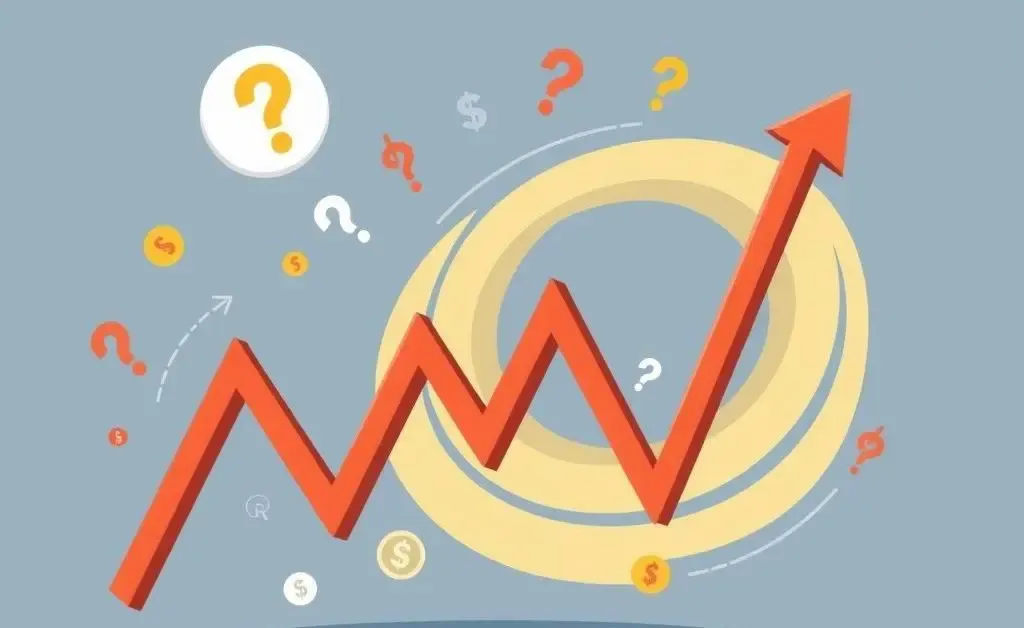Understanding the Complex World of Market Influences
Explore how everyday events shape the stock market in surprising ways.

Have you ever watched the stock market and wondered what really makes it tick? It might seem like the whims of the market are mysterious, like it's dancing to a rhythm only it can hear. I’ve found that while it can seem unpredictable, there are patterns and influences that become clearer once you start paying attention.
What Really Drives Market Changes?
At the heart of it, the market reacts to a mix of concrete data and emotional responses. Economic reports, interest rates, and company performances are typically the primary drivers. When the unemployment rate drops or when a tech company reports a new innovation, these are like signals sending ripples through the market.
The Role of Emotion in Investing
But beyond the numbers, human emotion adds its own unpredictable spice. Fear, optimism, and everything in between can send shocks through financial systems. Consider how global news can stir market fluctuations. Positive peace talks, new trade agreements, or unexpected conflicts – these situations can ignite rapid shifts in investor behavior.

Political Influence: A Subtle yet Powerful Force
Politics often plays a pivotal role, though its impact might not always be immediate or obvious. Election results, policy changes, or even political uncertainties can either boost market confidence or introduce trepidation. Investors are constantly assessing how political decisions might influence economic stability.
Global Events: A Common Thread
The interconnectedness of global markets means that events halfway across the world can have a ripple effect. A natural disaster in Asia or a successful vaccine development in Europe can influence stock prices worldwide. The market's reaction often depends on the perceived net impact of these happenings.

Keeping a Calm Perspective
It can be easy to become overwhelmed by all these potential influences. I often remind myself that while it's good to stay informed, not every market movement requires an immediate response. Understanding your own investment strategy and maintaining a peaceful mindset can make navigating these waters more manageable.

Next time you see the market swaying, remember—beneath the apparent chaos is a symphony of factors playing together, each contributing its own tune. Keep listening, keep learning, and soon you’ll be able to pick out the individual notes in the melody. What influence do you find most surprising? I’d love to hear your thoughts!




